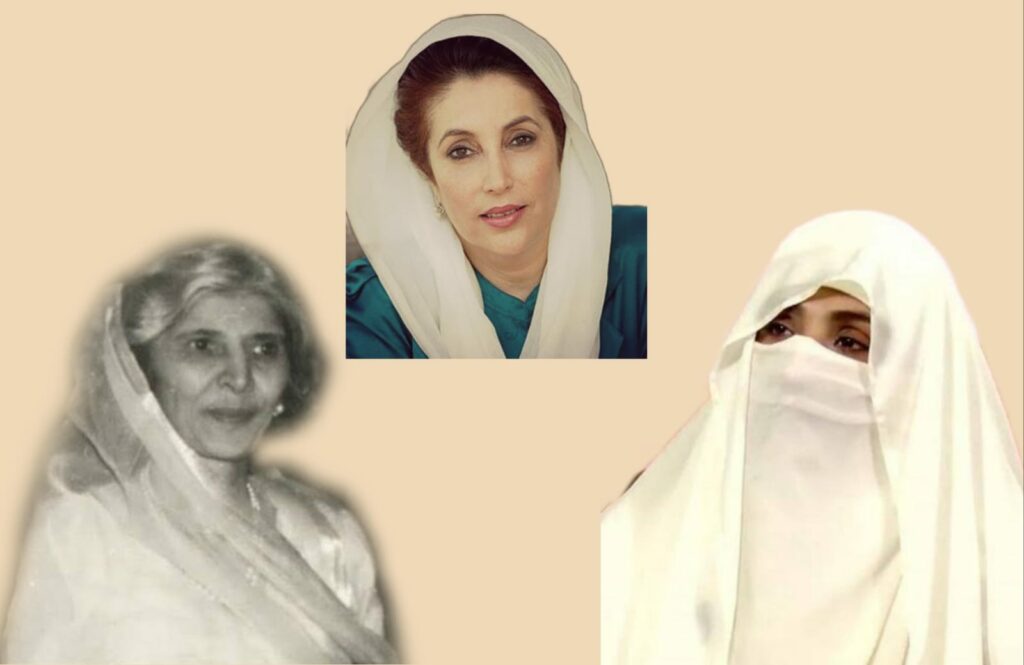From Fatima Jinnah to the Modern Era: Exposing Political Disgrace

In the early 1960s, Pakistan experienced its first and only direct presidential elections under the influence of a new constitution introduced by the then inorganically ruling Ayub Khan. Despite being remembered by some as a “golden-era ruler” for the decade of development, Ayub Khan’s regime was marked by controversies and the destruction of democracy that continued to cast a shadow over the nation. A significant episode during this period was the plight faced by Fatima Jinnah, the sister of Pakistan’s founder.
Ayub Khan’s government faced severe criticism for attempting to tarnish Fatima Jinnah’s image, portraying her as unsuitable for politics and damaging her reputation. The 1965 presidential election, where Fatima Jinnah contested against Ayub Khan, was marred by claims of cheating and unfairness. Allegations arose that the election favored Ayub Khan, raising concerns about the fairness of the voting process. Fatima Jinnah, along with other opposition leaders, encountered harassment and limitations on their ability to campaign freely. The government’s control over the media further influenced public perception, creating doubts about the fairness of the election.
Despite Ayub Khan’s official victory, doubts lingered, and the opposition – including Fatima Jinnah – continued to criticize the government’s actions and their impact on democracy in Pakistan. The cloud of shame that emerged from these controversial elections persisted, especially when women attempted to challenge the regime or were related to leaders challenging the established order.
In the 1990s, during the power struggle between Benazir Bhutto and Nawaz Sharif, the Muslim League (now PML-N) and the then IJI (Islamic Jamhoori Ittehad) played a card of filth, winning twice through sabotaging tactics based on lies and fraud. Then too, Benazir Bhutto’s image and character became the target of her opponents.
Where Do We Stand Today?
Fast forward to the present, where Pakistan is on the verge of yet another controversial election. The challenged regime is resorting to attacking a woman’s marriage and personal life with one of the country’s political leaders.
The Iddah case, involving a woman’s marriage and personal life, has become nothing but an embarrassment for the people of Pakistan, the judiciary, and the institutions that are supposed to safeguard democracy. Islam, a religion practiced by the majority in the country, doesn’t permit anyone other than the woman herself to make decisions about her Nikah. If a woman and her husband have witnessed their Nikah, no one can rule out or cancel that union. This election has laid bare the shame embedded in the ruling and influential core of the country, and it seems unlikely that this deep-seated issue will be easily mended.
The tactics of using personal matters, especially those related to women, to undermine political opponents only perpetuate a cycle of embarrassment and hinder the development of a robust and fair democratic system.

Using cheap tricks to disgrace women in politics holds back progress and equality, reinforcing harmful stereotypes and blocking comprehensive governance. Respect, respect, respect and merit based evaluation regardless of gender, are essential for a democratic political landscape.
It is indeed unfair and filthy to play such tactics against women. But one point that needs to be added is , in islam , only a man and woman are not enough as witness to nikkah. People are needed to bear witness for the protection of both parties. However , that still doesn’t imply that one’s marital or personal life should be used against them.